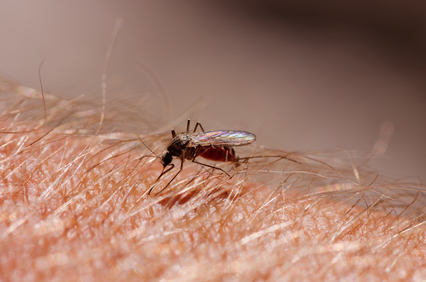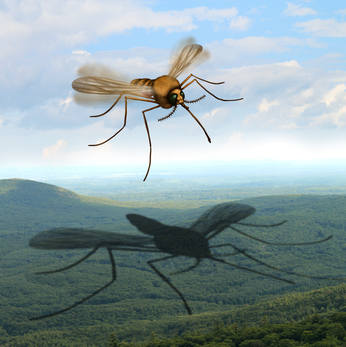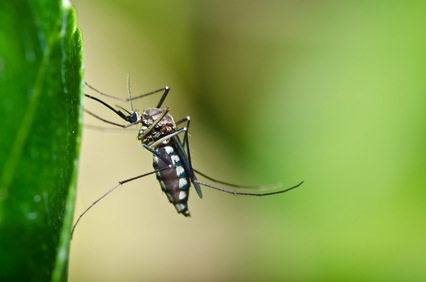Mosquitoes and Skeeter Syndrome: The Facts, Risks and Possible Solutions
- Esther M.
- Mar-14-2021
- Mosquitoes
There are many reasons why you should be extra careful when it comes to mosquitoes. Though tiny, these pests come with numerous risks. They are disease vectors and are responsible for numerous transmissions of mosquito-borne illnesses. That notwithstanding, even the immediate reaction after contact with a mosquito can be unnerving. Skeeter syndrome is one such reaction that you need to be aware of.
What is Skeeter Syndrome?

For some people, a mere mosquito bite is a nightmare. Just like every person is unique, our bodies respond differently to external stimuli. Are you one of those who suffers from Skeeter Syndrome?
Skeeter Syndrome is a severe allergic reaction to mosquito bites. Most people will normally have a small and itchy lump from such bites but those with skeeter syndrome may develop excessive inflammation, itching, and oftentimes fever. The symptoms build up quickly and last for a couple of hours.
The first mention of Skeeter Syndrome in medical literature describes it as a large localized inflammatory reaction from mosquito bites that are often accompanied by fever. In 1999, five cases were observed in otherwise healthy children. The report was published in the Journal of Allergy and Clinical Immunology. Read more at Caycebugs…
The difference between a normal mosquito bite and Skeeter syndrome is the size of the mark. A normal bite is small while a person with Skeeter syndrome will see the bite swelling to about four inches in an hour’s time. The duration of the reaction also varies. Some people will experience reactions to a mosquito bite lasting over several days.
What Causes It?

You may be wondering why particular people experience this while others do not. Well, there is a scientific explanation for this:
The red, itchy, painful swelling referred to as skeeter syndrome is sometimes mistaken for a secondary bacterial infection brought on by scratching and broken skin. Skeeter syndrome is actually the result of an allergic reaction to proteins in mosquito saliva. There’s no simple blood test to detect mosquito antibodies in blood, so mosquito allergy is diagnosed by determining whether the large, red areas of swelling and itching occurred after you were bitten by mosquitoes. Read more at Mayo Clinic…
There really isn’t a way to tell whether you are susceptible to skeeter syndrome until it happens. So, as always, it is advisable to avoid mosquito bites altogether.
Who Is at Risk?

While it may be impossible to determine who is likely to experience such an allergic reaction, there are general things to look out for:
People who are particularly prone to skeeter syndrome include infants and young children who have been bitten and sensitized to mosquito saliva but haven’t yet developed natural immunity, as well as people who are newcomers to a region where there are mosquitoes they haven’t previously encountered.
For kids in particular, natural immunity can take years to develop because it depends on how often they’re exposed to mosquitoes, according to a case study of toddlers and preschoolers with skeeter syndrome published in The Journal of Allergy and Clinical Immunology. Parents often try to keep kids with severe reactions away from mosquitoes, which stretches out the time it takes for children to build immunity. Read more at Everyday Health…
It may be uncomfortable to think that your child could suffer this reaction. The good news is that antihistamines are a viable solution.
The better news is you can do more than just treat Skeeter syndrome. You can actually get help from professionals to ensure your home and yard are mosquito-free. Backyard Bug Patrol offers barrier spray services for mosquito control in homes. This treatment eliminates mosquitoes on contact, and its deep foliage penetration means any new or hidden mosquitoes are dealt with immediately. Call us today for excellent mosquito control services.
